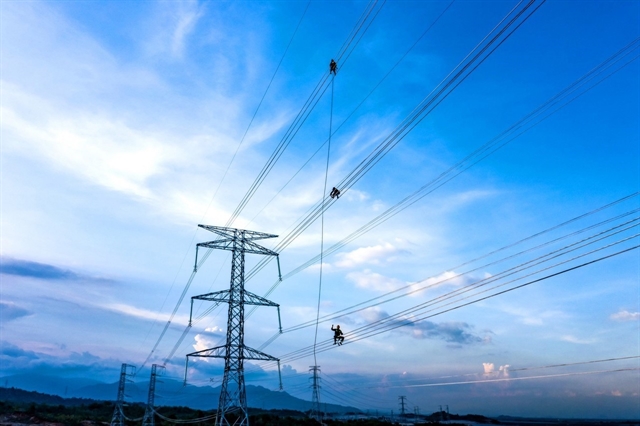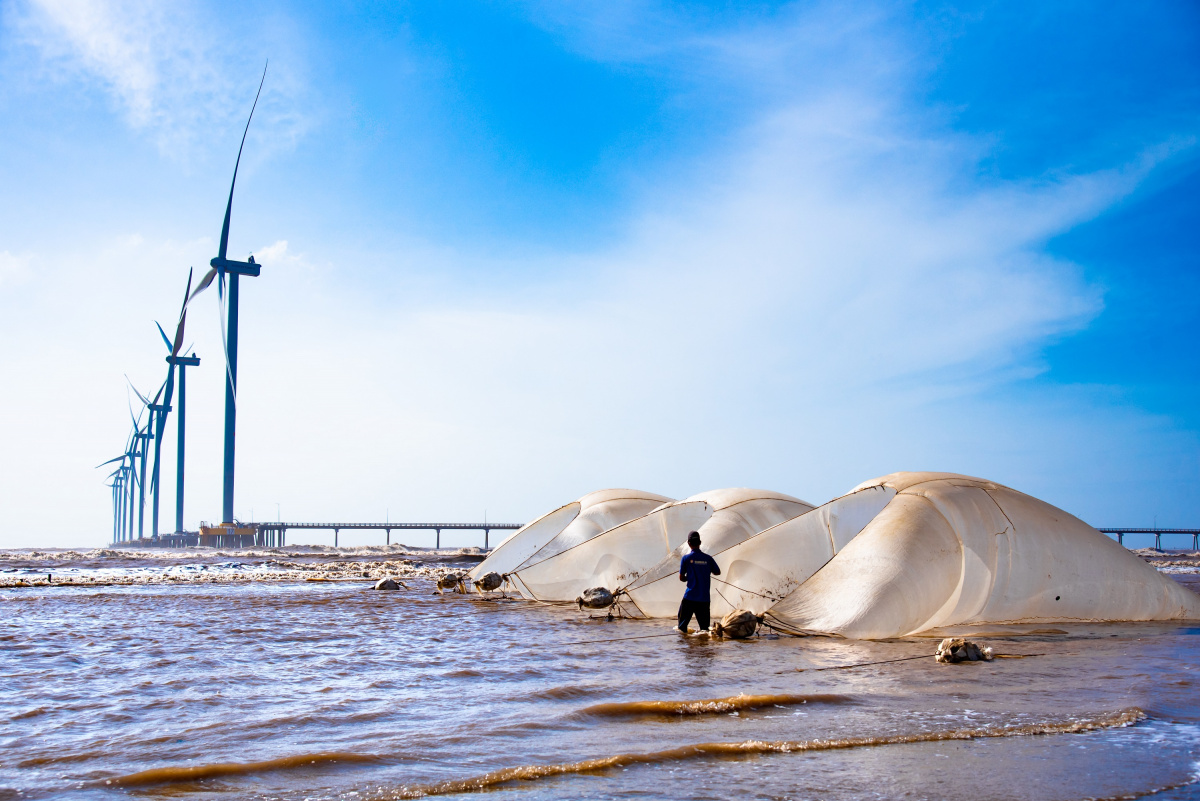IUCN World Heritage Panel meets to discuss proposed new listings for 2015
The IUCN World Heritage Panel met in December to examine the nominations submitted for possible World Heritage listing in 2015. The UNESCO World Heritage Committee will convene in June and IUCN will provide its recommendations on natural sites.

Photo: IUCN World Heritage Programme
A total of four new natural sites are proposed by the governments of five countries, including Sudan’s Sanganeb Marine National Park and Dungonab Bay / Mukkawar Island Marine National Park, Thailand’s Kaeng Krachan Forest Complex, Russia and Mongolia’s shared Landscapes of Dauria, and Jamaica’s Blue and John Crow Mountains, which also includes cultural values.
In addition, extensions are sought for two existing natural World Heritage sites, including South Africa’s Cape Floral Region Protected Areas and Viet Nam’s Phong Nha – Ke Bang National Park, where a possible inclusion of the World Heritage criteria ix (ecosystems) and x (biodiversity) is being evaluated.
IUCN is also required to provide comments to Advisory Body ICOMOS on two cultural landscapes submitted for a cultural World Heritage listing. These include Great Burkhan Khaldun Mountain in Mongolia, where IUCN was part of the evaluation field mission, and Singapore Botanic Gardens.
IUCN will complete its evaluations of new nominations in the first half of 2015, and is writing or discussing the current proposals with all of the States Parties whose nominations will be considered this year. In line with UNESCO procedures, IUCN’s recommendations will remain confidential until six weeks prior to the World Heritage Committee meeting. This year, the 39th Committee meeting will take place in Bonn Germany, from 28 June to 8 July 2015. The first batch of recommendations is expected to be made public by UNESCO’s World Heritage Centre in mid-May.
As the official advisory body on nature to the UNESCO World Heritage Committee, IUCN is responsible for evaluating new nominations and making recommendations. The IUCN World Heritage Panel meets annually to provide technical, scientific and strategic advice to IUCN on its work on World Heritage, ensuring the highest quality of objective technical advice is provided to the World Heritage Committee.
The evaluation process is a rigorous, year-long process that involves field missions and desk reviews, as well as consultation at the international, regional and local level. IUCN consults widely with experts who have relevant knowledge of the sites or the natural values they represent.
The IUCN World Heritage Panel is essential to this process and helps to put all the pieces together to reach a conclusion. It is composed 12 conservation experts who are specialized in fields relevant to the World Heritage process, with wide ranging regional on-ground conservation experience. Their collective expertise, together with the knowledge provided by evaluators, covers all major technical aspects of an evaluation.
Before a recommendation can be made by IUCN, a wide range of information is reviewed, including nomination dossiers and supporting information provided by the State Party, field evaluations carried out by independent experts, data supplied by the UNEP World Conservation Monitoring Centre, comparative analyses and other significant material.



